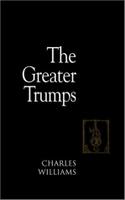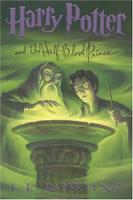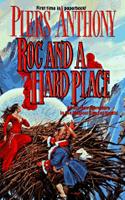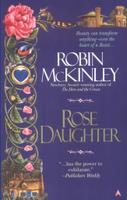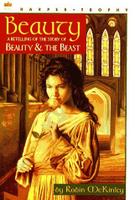The Greater Trumps seemed to move more slowly than some of Williams' other novels, and some of the prose seemed a bit thicker than usual even for him (although that may be a matter of perception since it's been a while since I've read any of his novels). However, in spite of this slowness, there are some powerful images and ideas from this book that are still dancing in my imagination. There is a kind of extremity to this book that made me want to think it must be either the first or last of his novels, although it was actually somewhere in the middle.
What fascinates me most about this book is Williams' presentation & interpretation of the dancing figures of the Tarot (which I know very little about). The introduction says that Williams' interpretation of the Fool is quite unique, and I would imagine so, because he turns it into a Christ figure. In one scene he conjures up a beautiful connection between the Fool and the Juggler, who has already been vaguely suggested as a Creator and God.
What's particularly fascinating to me is Wililiams' diea of the dance, and the Fool sitting motionless at the center-- it is only Sybil who sees him moving everywhere, and moving so quickly that the golden aura around all the dancers is really the glint from his golden, moving form. This image, as I interpet it, it strikingly similar to the dance of T. S. Eliot's Four Quartets, and the still point of the turning world.
There are several other interesting points about the novel-- and I haven't figured them all out yet. For instance, the main action of the book takes place on a Christmas weekend, which seems significant, but I'm not sure exactly how. No explicit connection is made, although perhaps it relates to the woman looking for her baby, and Sybil's cryptic statement that Nancy is Messias.
There are also some interesting points about motivation in the search for knowledge. The gypsies have been entrusted with this great treasure, the originals of the Taros, and Aaron & Henry Lee have spent their lives trying to discover its secrets-- and yet Sybil is the only one who can see the Fool moving. They are astounded that she refuses to use the Tarot cards to tell the future-- she has no interest in the future (that is, in knowing it ahead of time) because she is so completely content and settled in the present-- which is why, the text suggests, she is able to see the Fool.
As a side note, I take Sybil as a sort of presentation of the ideal Christian-- or maybe Williams' idea of one-- but she is presented in very different language & terms. It is a bit difficult to interpret, but she is clearly well-connected to-- and completely trusting of-- her higher power, which she considers in terms of Love. At one point we even see her doing something Christians today might call intercessory prayer and healing, but in this text it is communicated in far different terms.
Greediness in the search for knowledge is evident in Nancy & Henry's relationship. She clearly loves him the way a normal girl her age might; he does seem to care about her, but he is also using her-- he wants them to become lovers so that he can understand the dance of the figures from the inside-- presumably for the purpose of knowledge and power, so he can control the dance. What he doesn't realize is that his very motivation interferes with his aims, and it seems clear by the end of the book that Nancy has gained far more [experiential] knowledge of the dance han he has.
| Title: | The Greater Trumps |
|---|---|
| Author: | Charles Williams |
| Date published: | 1932 |
| Genre: | Fantasy? Spiritual Thriller? |
| Number of pages: | 288 |


